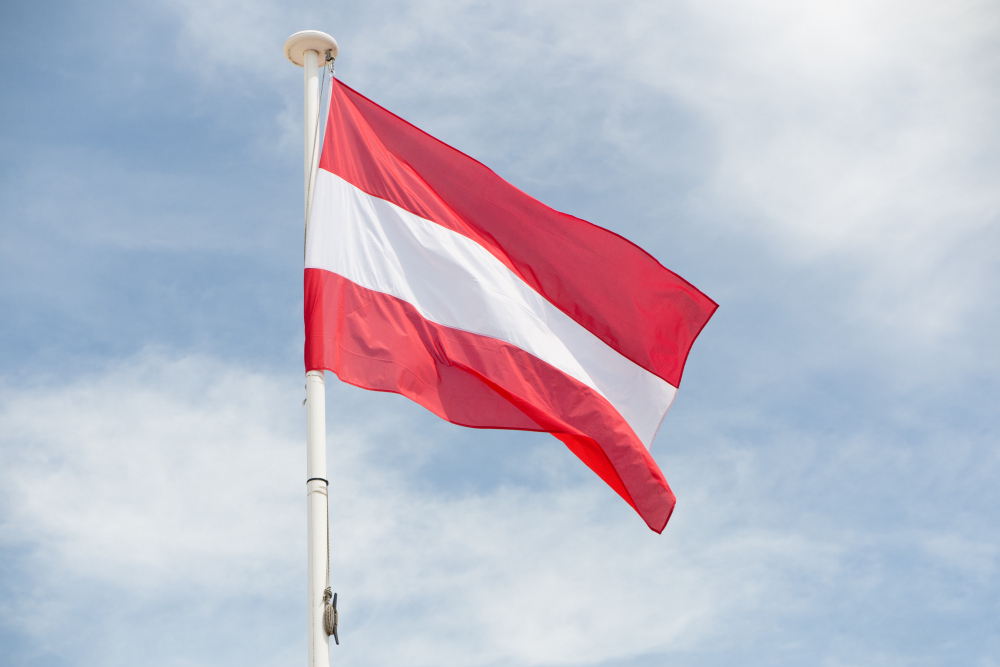25% of Austria's Population Has Migrant Background
**Key Takeaways**
1. Austria's foreign population surged to 2.45 million in 2023.
2. Germans are the most represented foreign nationality, with 1.8 million living in Austria.
3. Over 72% of migrants, especially those from Syria, Iran, and Bosnia and Herzegovina, feel a sense of belonging to Austria.
In 2023, Austria experienced a significant increase in its foreign population, with one in four people having a migration background, according to Statistics Austria, the country’s statistical office.
Specifically, the number of residents with a migration background reached 2.45 million, making up over 27% of Austria's total population.
This represents a 35% increase since 2015, when the foreign resident count was 1.81 million. According to Tobias Thomas, Director General of Statistics Austria, the number of residents with migrant origins has steadily risen since then.
More than a quarter of Austria’s population now has a migrant background. The proportion has grown from 21.4% in 2015 to 27.2% in 2023.
**Germans Represent the Largest Foreign Population in Austria**
As of January 1, 2024, Germans, numbering over 1.8 million, were the most common foreign nationality in Austria. They also constitute nearly 13% of the Austrian labor market, with 127,938 Germans employed in Austria as of February 2024, according to Austrian Social Insurance.
Other significant foreign nationalities in Austria include Romanians (153,400), Turks (122,200), and Serbians (114,289).
The foreign nationalities that have seen the most significant increase since 2015 are Syrians (+83,900), Romanians (+80,100), Ukrainians (+72,100), Germans (+62,300), and Hungarians (+52,300).
Thomas noted that without immigration, Austria's population by 2080 would revert to levels seen in the 1950s.
Austria’s population growth has been driven by immigration for decades, especially with the recent influx of refugees. Without immigration, the population would shrink to 1950s levels by 2080.
**Over 72% of Migrants in Austria Feel a Sense of Belonging**
A recent survey by Statistics Austria revealed that over 72% of immigrants feel a positive connection to Austria, particularly those born in Syria, Iran, and Bosnia and Herzegovina.
Many immigrants have established strong ties to Austria, with almost three-quarters feeling a sense of belonging.
When it comes to coexistence, Austrians view it more critically than migrants. Specifically, 23.2% of people born in Austria rate coexistence with migrants as "very good" or "fairly good," while 55.8% of immigrants view the coexistence between Austrians and migrants as "very good" or "rather good."

